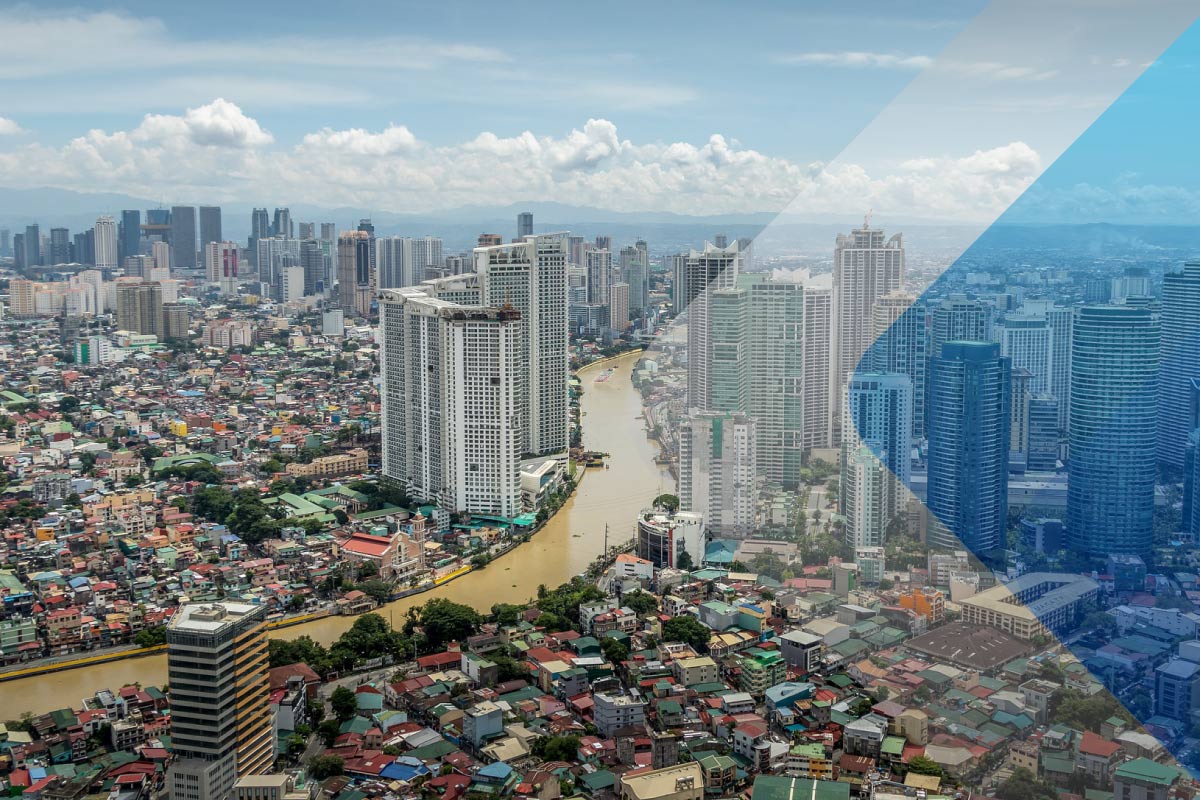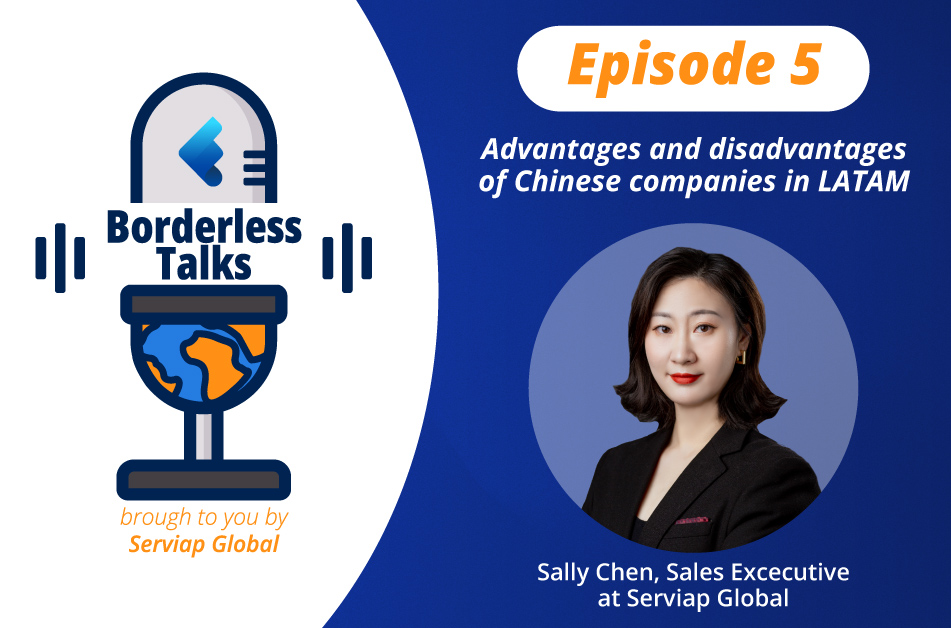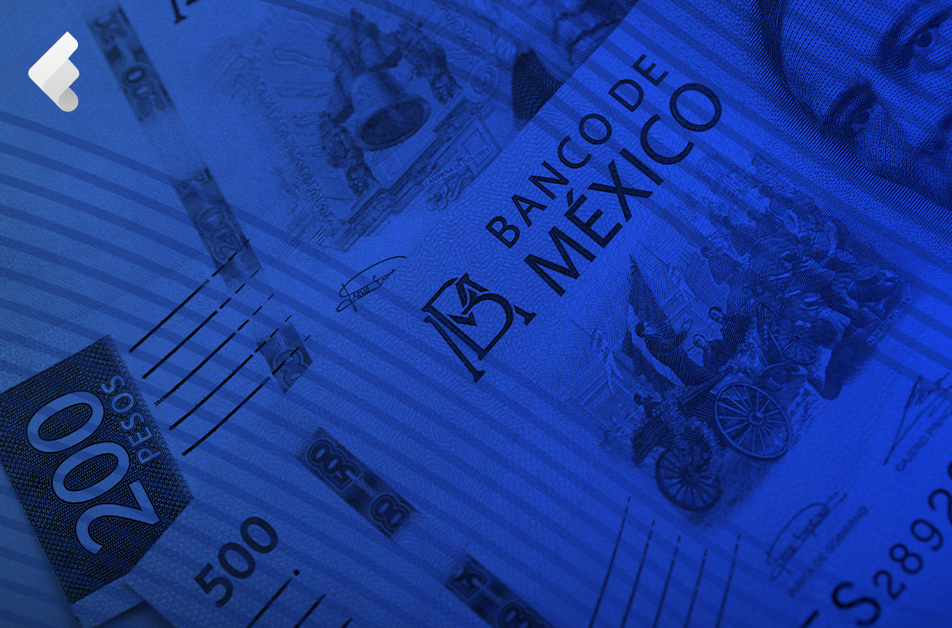Table of Contents
If you are interested in doing business in the Philippines, hiring staff through an employer of record (EOR) could be an ideal option. Because an EOR in the Philippines will employ staff on your behalf, meaning that your market entry will be complete in little more than the time it takes to find the right people.
To assist with that, an employer of record in the Philippines will have a well-established recruitment network and sound understanding of the job market, meaning that you can expect to secure the talent you need quickly.
SEE ALSO: 4 major advantages of nearshoring worth considering
Your EOR in the Philippines will also oversee the payroll and administration of those staff, guaranteeing adherence to all relevant regulations, and thereby eliminating some major compliance and bureaucratic concerns associated with entering an unfamiliar market.
Note that an EOR in the Philippines will often be referred to as a professional employer organization (PEO) and while many providers will differentiate between the services, they are essentially the same thing.


The Philippines has seen exponential growth since the turn of the century, with GDP increasing five-fold between 2001 and 2021, according to World Bank statistics. That growth has been almost uninterrupted, with annual GDP declines only registered during global economic slowdowns in 2009 and 2020.
Over recent years, the services sector of the Philippines has becoming increasingly important to the economy, generating over 61% of GDP in 2021 — a more than 6% increase compared to a decade earlier.
During that time, the country has emerged as a popular source of IT workers, offering skilled tech talent at competitive rates. Those employees are particularly valued due to the high rate of English proficiency found in the country, which also makes the Philippines a good source of other professionals.
As well as being home to a large pool of IT workers, the country is a major producer of computing and electronic goods, with its five most lucrative exports including integrated circuits, office machine parts, electrical transformers, insulated wire, and semiconductor devices.
Much of that industrial production is based around major urban centers, especially capital city Manila’s sprawling metropolitan area, which includes five of the country’s ten most-populous cities.
The Philippines also has a large agricultural sector, with sugar, rice and coconuts among its principal products, while it is also home to massive pork, poultry, and fishing industries.
Regardless of whether you are seeking tech talent, skilled professionals, or workers for industrial or agricultural projects, hiring through a Philippines employer of record can be an ideal choice and something Serviap Global can assist you with. Contact us today for more information.
What will an employer of record in the Philippines do for you?
As highlighted above, an employer of record in the Philippines will help you hire local staff without needing to undertake the process of company formation. For anyone only planning a short-term activity or project, that also means avoiding the need to go through company liquidation soon after.
An EOR in the Philippines will oversee the onboarding, payroll, ongoing administration, and eventual offboarding of all employees, as well as assisting with their recruitment if needed. That means, the client who those employees are reporting to will have little more to consider than assigning and monitoring the work being done.
While hiring staff via an EOR in the Philippines will come at a cost – usually on a monthly per-employee basis and included as part of the provider’s payroll billing – those costs will often be significantly less than the investment needed to set up and run a local entity, as well as being more easily managed due to there being no large initial outlay.
Even when costs end up being comparable, hiring staff through an EOR in the Philippines brings with it a great deal of convenience, as well as the peace of mind of knowing that all compliance concerns are taken care of.
It is also worth keeping in mind that choosing to work with a Philippines employer of record does not necessarily preclude establishing a local entity and having in-house staff later down the line.
Many investors choose this type of outsourcing as a first step to entering a new market, allowing them to draw on the expert knowledge of the EOR provider and become more familiar with the market, before potentially deepening their commitment through company formation and direct hiring.
Even then, the work of an EOR in the Philippines is not necessarily over. In many cases such a provider will also offer help with recruitment for direct hires, meaning that after you set up a local entity they could still work with you to help you find the local staff you need.
Moreover, if entering the Philippines is one step on a trajectory that is intended to take the company into other markets, by partnering up with an EOR with a regional or global presence, that same provider will be able to assist you entering other markets – either by hiring employees on your behalf or with local recruitment services to find direct hires.
Employment regulations that an EOR in the Philippines will oversee
As part of the compliance guarantee that a Philippines employer of record will offer, the following employment regulations will be properly adhered to:
Maximum hours: In most cases, including all office-based jobs, employees in the Philippines should work no more than eight hours per day. Those eight hours are made up of all time that an employee is expected to be at the place of work, including short breaks. They do not include the one-hour lunch break that full-time employees are entitled to.
All employees are entitled to at least one full rest day per week, meaning that a maximum work week is 48 hours long.
Overtime: Employees who perform overtime beyond eight hours work on any given day must be paid at an additional 25% for those additional hours worked. That rises to an additional 30% on public holidays and designated rest days.
Note that undertime may not be offset by overtime on a different day. So, if an employee is allowed to finish early, they cannot subsequently be expected to work additional hours without additional pay, including the overtime allowance outlined above.
Minimum wage: A EOR in the Philippines will guarantee that all workers receive the minimum wage, which is based on the type of work they are doing and varies according to the region in which they are working.
For non-agricultural workers, the highest daily rate is found in the Manila metropolitan area and in 2022 stood at 503.09 Philippine pesos (approximately US $8.50). For agricultural workers, the highest rate is also found in the capital region and in 2022 stood at 473.43 (approximately US $8.00).
National holiday pay: Except in the cases of some smaller businesses, every worker is entitled to be paid their normal daily rate for national holidays on which they do not have to work. In the event they are required to work on those days, they are entitled to double their normal daily rate for that that day.
Note that, of the 18 public holidays that the Philippines has per year, four are considered “special non-working days” for which employees do not receive payment. Any employee expected to work on a special non-working day should be paid 30% extra for that day of work — something your EOR in the Philippines will take responsibility for implementing.
Vacations: In the Philippines, employees are entitled to five days of paid time off per year, but only once they have completed one year of continuous service for a given employer.
However, many companies will offer more than this as company policy (often between 12 and 15 days) and depending on the sector in which you work in, it may be necessary to offer a greater allowance to attract the best talent. This is something an employer of record in the Philippines will be able to advise you on.
Sick leave: There is no legal stipulation on providing paid sick leave, so by law any employee who misses work through illness may not be paid. However, as in the case of vacations, it is common practice for companies to allow a certain number of days for sickness per year (usually also 12 to 15 days).
Serviap Global can help if you need an EOR in the Philippines
At Serviap Global, we assist clients with recruitment and EOR services in dozens of markets across six continents, so if you are looking for an employer of record in the Philippines, we are ready to help.
Whether you need our global talent acquisition services to help with direct hires, or are interested in our international PEO / EOR services, we can help you get the people you need in the shortest time possible.
Contact us today to find out more about working with us.
If you found this article on EOR in the Philippines of interest, check out the rest of our coverage.
You can also find out more about us or read about our leadership team.






























